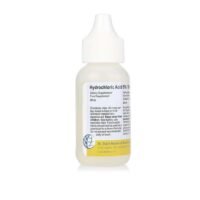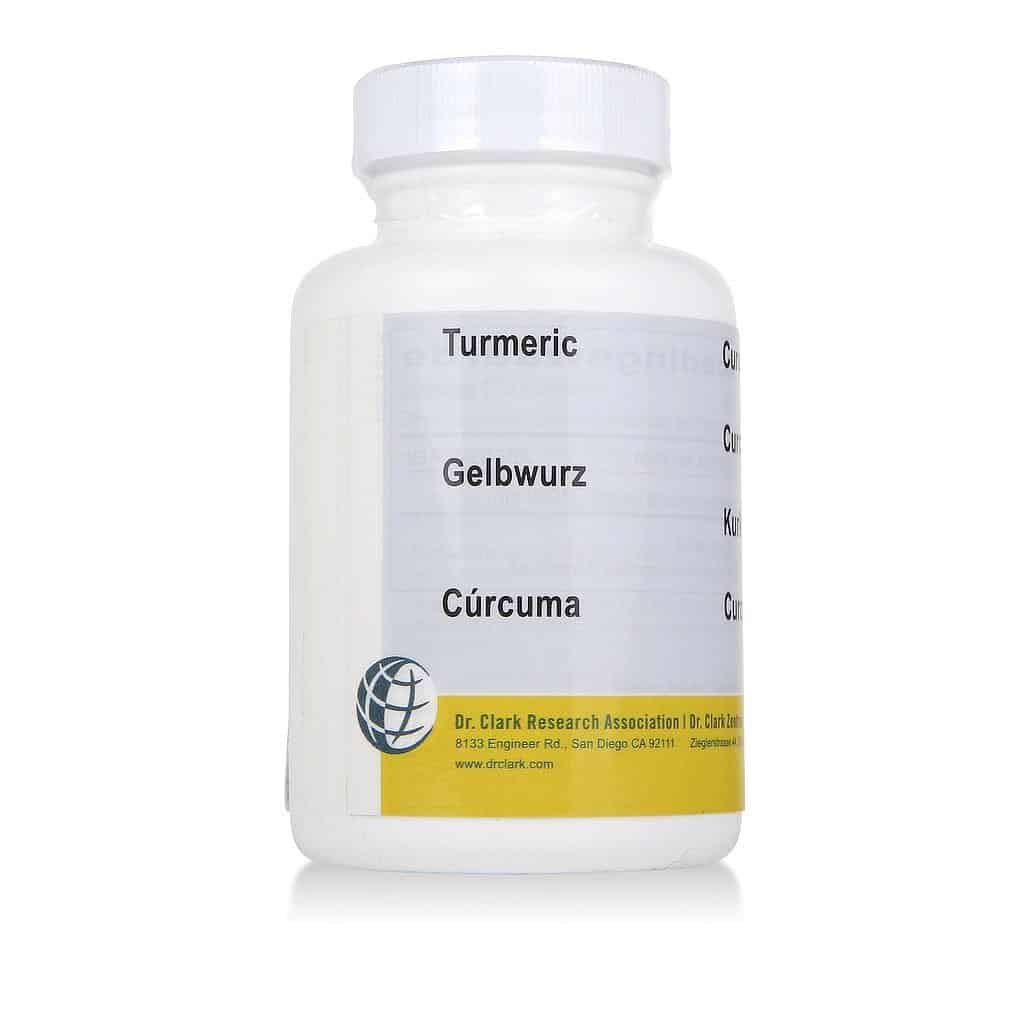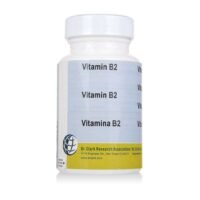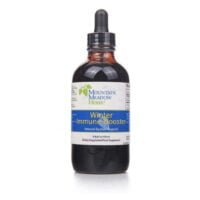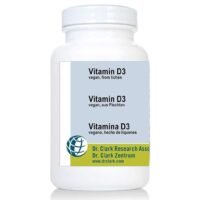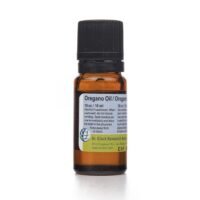Propriétés
Le curcuma est depuis longtemps utilisé comme additif alimentaire, mais aussi dans un objectif thérapeutique et préventif.
Le curcuma est utilisé depuis de longues années par les médecines traditionnelles, notamment en Inde, pour traiter toute une variété d’indispositions incluant problèmes gastro-intestinaux, inflammation, maux de tête, infections et rhumes. Le curcuma contient plus d’une douzaine de composés phénoliques appelés curcuminoïdes aux propriétés antioxydantes (combat le vieillissement prématuré des cellules du corps) et anti-inflammatoires. La curcumine est le plus abondant de ces composés et le plus étudié. Les effets du curcuma et de la curcumine sur le microbiote intestinal sont déjà démontrés sur les animaux: le curcuma affecte la diversité des bactéries intestinales.
Le curcuma , qui a des qualités apaisantes, peut soulager les symptômes du SIBO et favoriser la santé intestinale. Il va simplement agir par contact sur la muqueuse intestinale enflammée et l’aider à se réparer.
Le Dr Clark en a fait un ingrédient de son programme intestinal.
Comment prendre le curcuma pour bien l'assimiler ?
Il est conseillé d'associer le curcuma à un peu de matière grasse, cette dernière permettant aussi à l'épice d'être mieux assimilée par l'organisme. En résumé, prenez votre curcuma de préférence au cours d'un repas.




